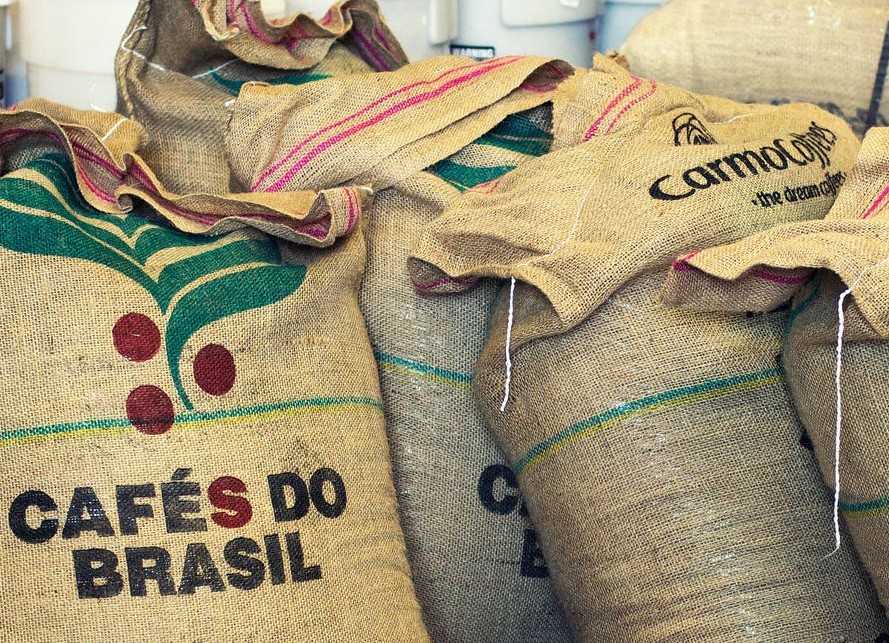In September, the domestic and international Arabica coffee markets were focused on the dry weather in Brazil. Low moisture and high temperatures dropped leaves in some regions. Besides, agents reported diseases at Cerrado Mineiro.
Growers were concerned with the crops that had already bloomed, mainly the non-irrigated areas in São Paulo State and southern Minas Gerais.
Long droughts may drop flowers and affect production, hampering yield potential of plants. In northwestern Paraná, however, rains in late August softened the problem.
The lack of rains and high temperatures, however, favored the harvesting end. At Cerrado Mineiro and northwestern Paraná, 100% of the beans were harvested last month, with only a little sweeping coffee left to be harvested.
In southern Minas Gerais, Garça and Moagina (São Paulo State), activities were about to end in late September, with only 2% of the area in each region to be harvested. At Zona da Mata Mineira, there was 5% of the area to be harvested.
Prices
In that scenario of uncertainty regarding the weather, future contracts of Arabica coffee resumed increasing at the New York Exchange Stock (ICE Futures), pushing up the CEPEA/ESALQ Index of Arabica type 6, hard cup or better (delivered in São Paulo city), in mid-September to levels near 470.00 BRL per 60-kilo bag in the spot market. This price rise increased the number of trades in that period.
On September 29, the CEPEA/ESALQ Index of Arabica type 6, hard cup or better (delivered in São Paulo city), closed at 448.53 BRL (141.63 USD) per 60-kilo bag, a slight 0.63% up compared to that on August 31.
Robusta
Irregular rains in Espírito Santo in September softened the dry weather in that state in September (rains at that stage are crucial for a good development of the 2018/19 Robusta crop).
According to agents consulted by Cepea, rains were enough to favor flower induction in all coffee crops – the volume of rains varied from region to region.


















